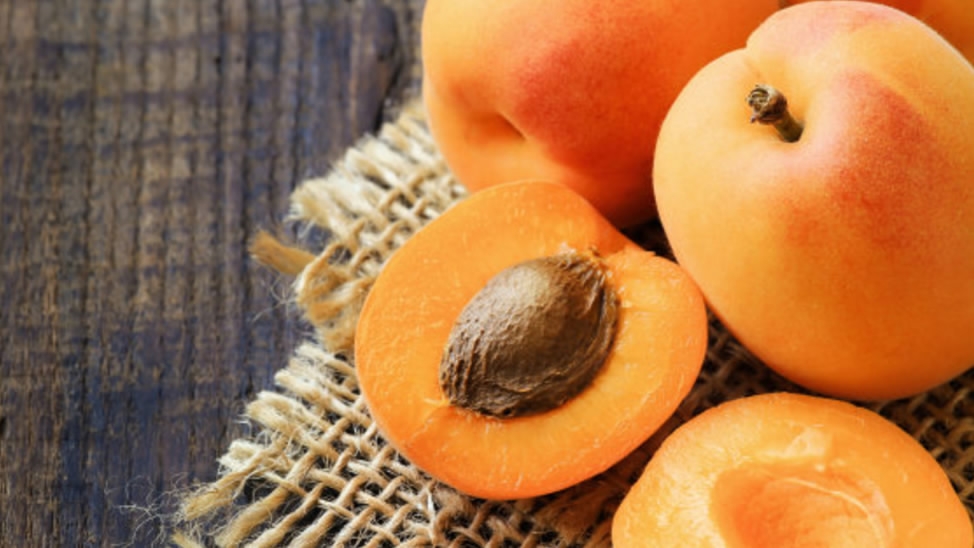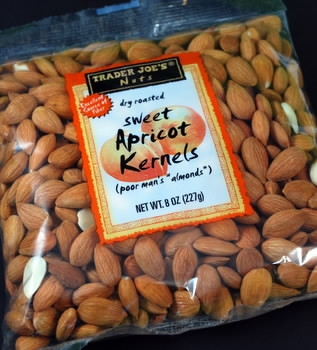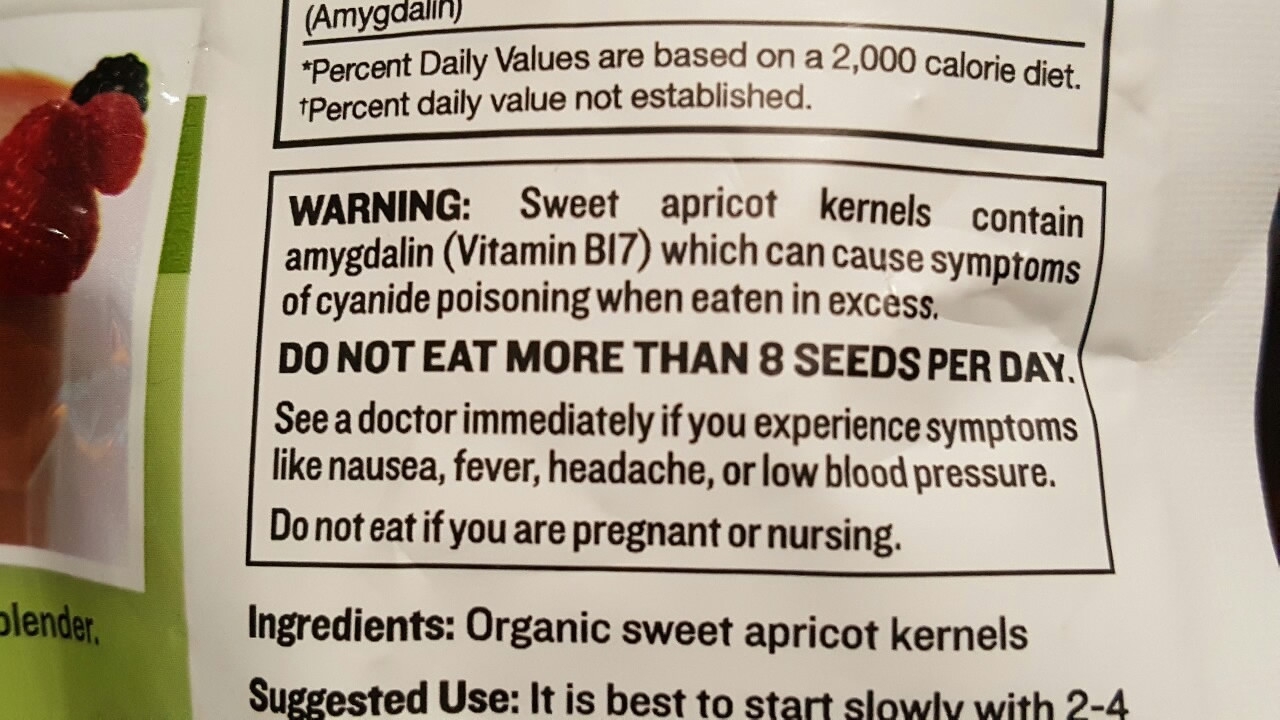
Tech & Sci
12:27, 12-Sep-2017
Taking high doses of apricot kernel extract could be lethal: report

Apricot kernel extract is touted as a natural cancer shield. However, a man who took several daily doses of the fruit extract ended up with cyanide poisoning, a medical journal reported Tuesday.
Abnormally low oxygen levels were measured in the man's blood while he was under anesthesia for an operation, doctors wrote in BMJ Case Reports, with further blood tests showing alarmingly high levels of cyanide.
When he woke up, the man told doctors he had been taking a daily dose of two teaspoons of homemade apricot kernel extract for five years. He also took three daily tablets of an herbal fruit kernel supplement.

Apricot kernels are a cheap alternative for almonds that is believed to beat cancer with an appropriate amount of consumption. /Reuters Photo
Apricot kernels are a cheap alternative for almonds that is believed to beat cancer with an appropriate amount of consumption. /Reuters Photo
The problem is that apricot kernels, for all the health benefits vaunted by online merchants, also contain cyanide.
The man was taking more than 17 milligrams of the extract every day, enough to raise blood cyanide to about 25 times acceptable levels, said the team.
According to medical websites, 50 milligrams, or the equivalent of one to two teaspoons, of the poison taken orally would be enough to kill a person weighing about 160 pounds (72 kilograms).

On a pack of apricot kernels sold at Whole Foods it notes the risk of getting cyanide poisoning when eaten in excess. /Reuters Photo
On a pack of apricot kernels sold at Whole Foods it notes the risk of getting cyanide poisoning when eaten in excess. /Reuters Photo
The man's case showed that "self-prescription with complementary medicines can result in potentially harmful toxicities," and the problem may be more common than thought, researchers concluded.
Even though doctors explained the cyanide concerns to the man, "he nevertheless opted to continue" his self-treatment.
9140km
Source(s): AFP

SITEMAP
Copyright © 2018 CGTN. Beijing ICP prepared NO.16065310-3
Copyright © 2018 CGTN. Beijing ICP prepared NO.16065310-3